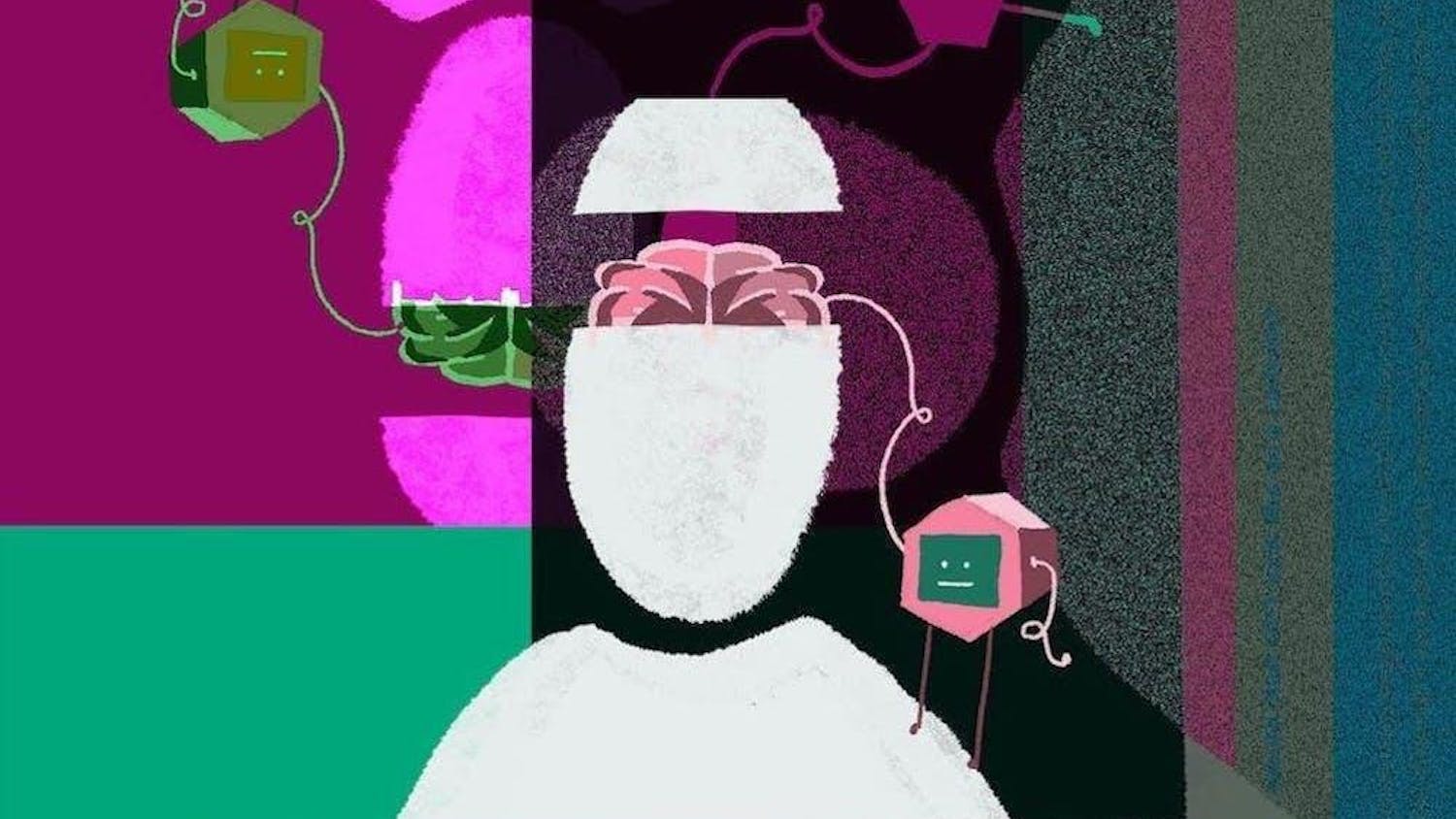Incarceration is a vicious cycle analogous to a fly getting stuck to flypaper, said Josiah Rich, professor of medicine and epidemiology and lead author of a recent paper on prisoner health. One brush with prison, and it becomes hard to get unstuck, he said, noting the high rate of repeat incarceration in the United States.
Inadequate health care services for prisoners and ex-prisoners play a significant role in this sticky cycle, he added.
In a new paper in the March issue of the journal Health Affairs, Rich and his co-authors proposed a series of recommendations aimed at tackling some of these problems associated with the implementation of health care in the correctional system. Prisoner health should not be viewed as separate from other public health issues, the researchers argued.
“Correctional health care is unlikely to improve unless the barriers that currently separate correctional and community providers are reduced,” Rich and his co-authors wrote.
The team of researchers and doctors divided its suggestions into two facets of health care for prisoners and ex-prisoners: the flawed policies and procedures within the correctional system and the inadequate care and follow-up for prisoners after their release.
Prison-based health care should have greater oversight through integrating accountable care organizations into care delivery, mandated accreditation of prison health care services and facilities and increased use of the risk-needs-responsivity model, according to the paper. This model posits that a patient’s past is an indicator of potential future criminal behavior and can be used to provide specific and effective medical care to prisoners, the authors wrote.
Outside of prisons, a number of changes must be made to community health in order to break prisoners’ cycle of recidivism, the authors wrote in the paper. The Affordable Care Act can greatly increase this vulnerable population’s access to medical care through the expansion of Medicaid, they wrote. Providers must also be sensitive to the specific needs and issues associated with a history of incarceration.
These recommendations partially aim to address the “root causes” of mass incarceration, which are mental illness and substance abuse, Rich said. More than half of all prisoners suffer from addiction, mental illness or both, according to the paper.
“You’re in this regimented system, and then you walk out this door and everything comes at you from every direction all at once,” he said.
It is necessary to study the health of this population because if it is ignored, “we will never have the opportunity to address health disparities, and we will miss critical opportunities to make a difference in the care of underserved populations with chronic disease … and infectious disease,” wrote Brie Williams, associate professor of medicine at the University of California at San Francisco and a co-author of the paper, in an email to The Herald.
A focus on improved health care in the community is especially important to begin fixing the problems associated with prisoner health, said Brad Brockmann, executive director of the Center for Prisoner Health and Human Rights, who was not involved with the paper. When prisoners are released, they must confront a host of issues, such as finding food and housing and dealing with their families, so health care may land lower on their list of priorities, he added.
“Getting individuals care in the community and keeping them there … has a significant likelihood of breaking the cycle of recidivism,” he said.
Ninety-five percent of the prison population is released and reenters the community, and 80 percent of those released lack health insurance, the authors wrote in the paper. The expansion of Medicaid in some states will help greatly to reduce the number of uninsured, said Brockmann, who co-authored a separate paper on Medicaid’s effects on formerly incarcerated individuals.
“Each year, over 12 million Americans who work, live and breathe in our communities spend some time incarcerated and then return to the community within a few months of their incarceration,” Williams wrote.
In Rhode Island, discharge planners and counselors are working with inmates to assist them with Medicaid enrollment upon release, wrote Elizabeth Earls, assistant director of rehabilitative services for the Rhode Island Department of Corrections, in an email to The Herald.
Access to health insurance has “huge implications for ex-offenders being able to continue (and) maintain needed medical treatment in the community,” she added.
There are currently no “major changes” she would make to the Department of Corrections’ health care delivery system, she wrote, noting that it offers a “comprehensive array of services.”
These issues surrounding prisoner health are tied to a larger problem of mass incarceration, Rich said. Drug laws are excessively harsh, and many more people are being imprisoned than need to be, he added.
“Somehow the rest of the world is able to function as a civil society” without incarcerating nearly as many people as the United States, he said.
ADVERTISEMENT




